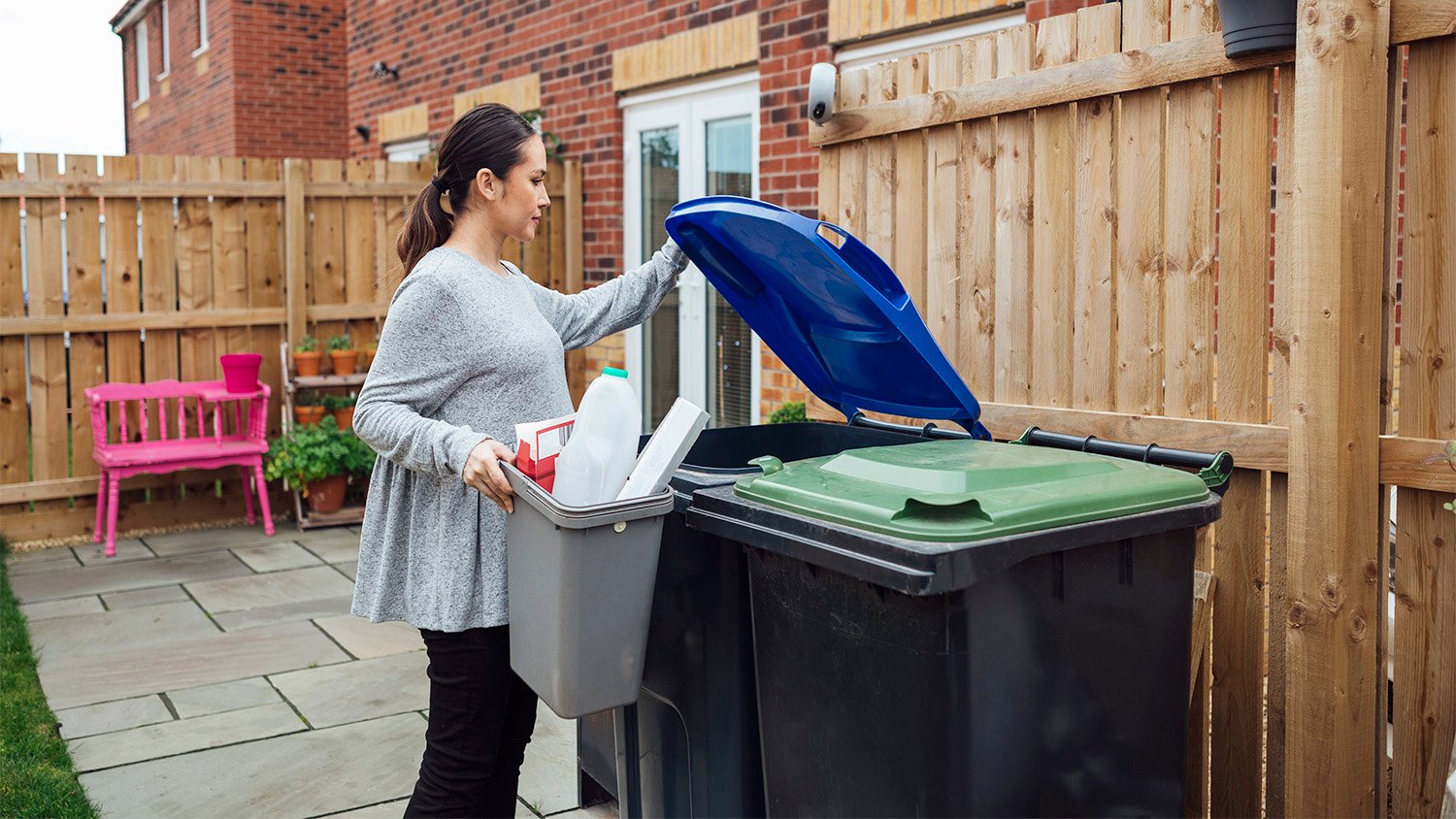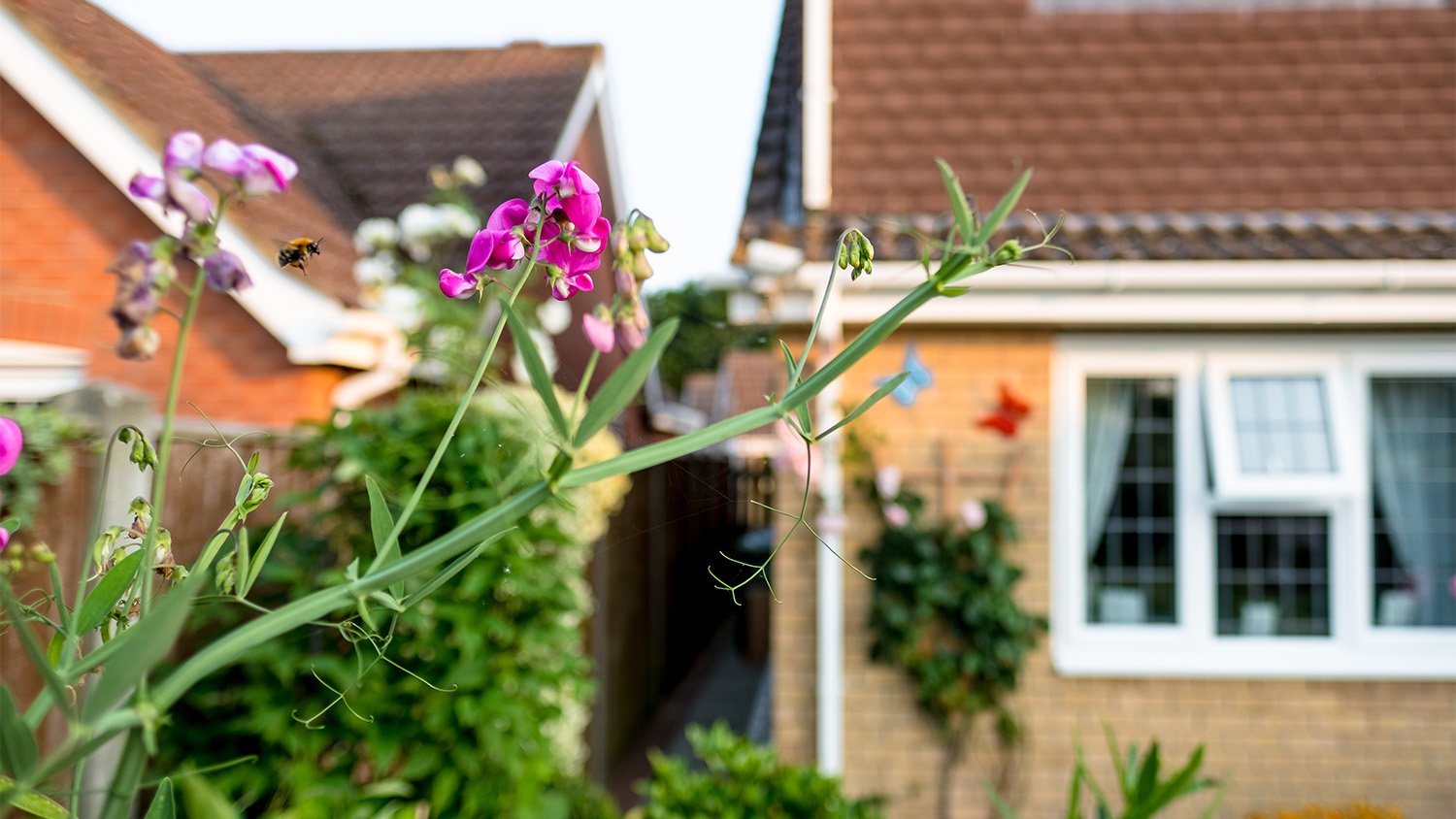If the very mention of the word “wasp” is enough to send you on a one-way trip far, far away, you’re not alone. Stinging insects can be frightening and unpredictable, so it’s understandable not to want them anywhere near your space. Luckily, there are a few ways you can get them to buzz off without signing over the deed to your house.
1. Practice Preventative Stinging Insect Control
One of your best defenses against stinging insects is to make yourself as unappealing as you can. Ditch the floral or sweet-scented body sprays and lotions, as these will make you delicious to nectar-loving bees, wasps, and hornets. It’s also a good idea to avoid wearing floral prints and bright colors for the same reason.
2. Consider Natural Repellents
Bees strongly dislike the smell of citronella, eucalyptus, and peppermint essential oils. When applied directly to the skin, these oils can be irritating, so try soaking cotton balls and placing them around your home. Cinnamon is another smell that bees hate: Sprinkling ground cinnamon can help deter them or even get them to relocate a nest. These methods are best for prevention, not an active infestation, and be careful not to aggravate any of the stinging pests if you try them.
3. Avoid Attracting Stinging Insects Near Your Home
Keeping wasps and hornets away is all about removing temptation. If you have the option, avoid having fruit trees or blooming bushes close to your home. Overripe fruits on the ground are irresistible to wasps, while nectar from bushes presents yet another tasty temptation.
This doesn’t mean that you need to swear off nectar-rich plants for good—they’re still incredibly important for maintaining pollinator habitats, so you should keep them around if you can. Just keep them a safe distance from the areas where humans typically congregate.
4. Cover Outdoor Food and Trash












